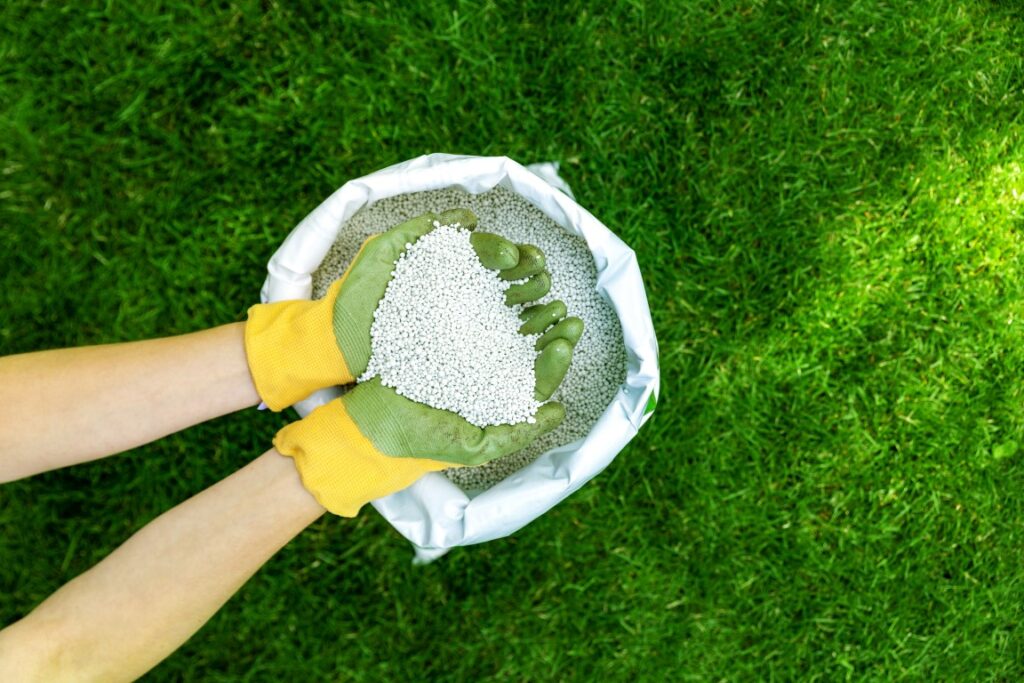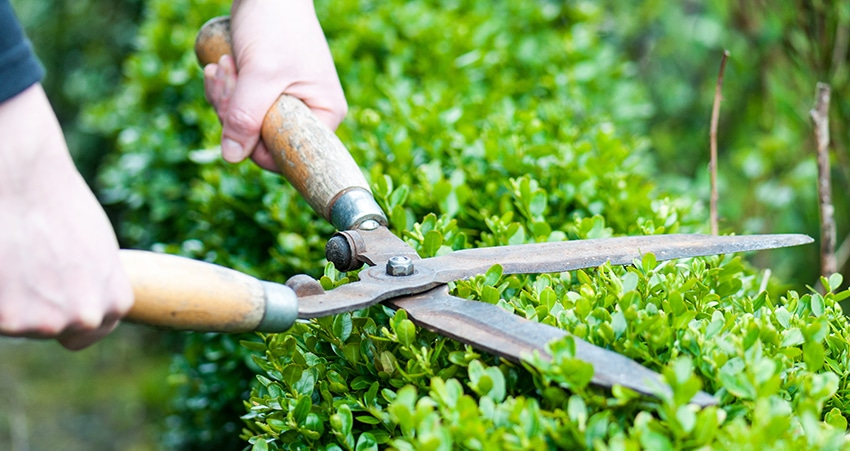WEED CONTROL
A Comprehensive Guide to Effective Weed Control
Weeds, frequently referred to as “misplaced plants,” are undesirable intruders. They compete with grass for essential nutrients, water, and sunlight. To keep your lawn healthy, you must be proactive and plan carefully to control weeds.
Weed control companies like Steiner Lawn Care understand the frustration weeds can cause homeowners. Our weed control services minimize the presence of weeds in the lawn, allowing the grass to thrive and flourish.
At Steiner Lawn Care, we believe a healthy lawn starts with effective lawn care weed control. By partnering with Steiner Lawn Care, you can enjoy the benefits of fewer weeds in your lawn. A lawn that is not only visually appealing but also healthier and more resilient. Say goodbye to the invasive interlopers and reclaim your outdoor space.
These lawn care best practices may include proper mowing techniques, regular watering schedules, and promoting optimal soil health. Additional services such as Top Dressing and Aeration enrich the soil and promote a healthier lawn.
How to Identify Weeds
Identifying weeds in grass can be helpful in determining the most effective method of weed control. Here are some steps to help you identify weeds in your grass:
- Observe the characteristics: Take a close look at the weeds in your grass and note their physical characteristics. Notice the leaf shape and color, how it grows (broadleaf or grassy weed), and any unique features like flowers or seeds.
- Use a guide to identify weeds: Online resources and mobile apps can help you recognize various types of weeds. These guides have pictures and descriptions of weeds, helping you identify the weeds in your lawn more easily.
- Consider the life cycle: We classify weeds as annuals, biennials, or perennials based on their life cycle. Annual weeds complete their life cycle in one year, biennials require two years, and perennials persist year after year. Understanding the life cycle of a weed can give you insights into its growth patterns and control methods.
- 4. Seek professional help: If you’re having difficulty identifying weeds in your grass, consider reaching out to Steiner Lawn Care or a local agricultural extension office. They have the expertise to accurately identify weeds and provide recommendations for effective control methods.
Remember, proper identification is crucial for effective weed control. To keep your lawn healthy and free from weeds, you have two options. You can either use herbicides or remove the weeds by hand.
How to Control Weeds
The first step in managing weeds is promoting a healthy vigorous lawn. Lawn mowing can enhance turf, improve turf color, root development and wear tolerance. Our knowledgeable team of experts has extensive experience in identifying different weed species and employing targeted methods to tackle them effectively.
The use of selective weed killer or herbicides is also an effective method to control weeds. These include both pre emergence weed control and post emergence applications.
Treatment
You can treat weeds in the lawn or weed control in flower beds through various methods. Here are some effective ways to control and treat weeds in your lawn:
- Promote a healthy lawn: A healthy and well-maintained lawn is the first line of defense against weeds. Mowing, watering, and fertilizing can help make the grass thick and strong, making it hard for weeds to grow.
- Hand-pulling: For small areas or isolated weeds, hand-pulling can be an effective method. Make sure to remove the entire weed, including the roots, to prevent regrowth. It’s best to do this when the soil is moist to make it easier to remove the weeds.
- Mulch: Applying a layer of mulch around plants and in flower beds can help suppress weed growth. Mulch acts as a natural weed barrier by blocking sunlight and preventing weed seeds from germinating. Apply a 2-3 inch layer of mulch for optimal weed control.
- Herbicides: Herbicides can be an effective tool for grassy or broadleaf weed control in the lawn. There are two main types of herbicides: applying pre-emergent weed control and post-emergent.
- Lawn care practices: Proper lawn care practices can help prevent weed growth. This includes regular mowing at the appropriate height, watering deeply and infrequently, and maintaining optimal soil health through aeration and fertilization.





